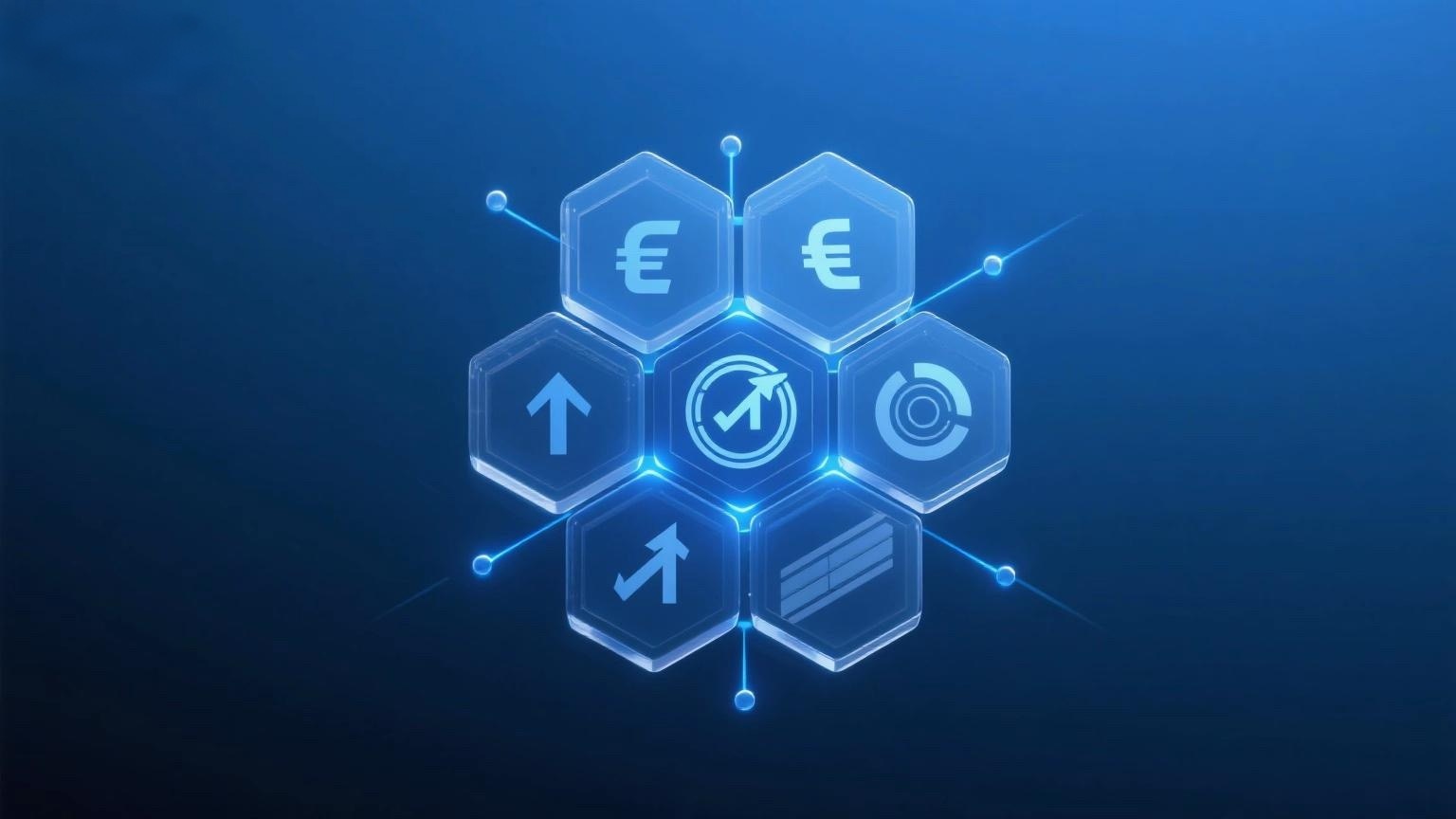
DeFi, short for Decentralized Finance, also known as decentralized finance, is a financial revolution native to the blockchain industry. Compared to traditional finance (centralized finance, such as central banks, which have unified settlement and currency issuance systems and are subject to the financial policies of governments), DeFi uses smart contracts to establish rules and strictly enforces them through code. It is essentially a financial approach that replaces human governance with machine governance. Additionally, all smart contracts are open-source. Through this approach, the following are achieved:
Transparency: Once the code is deployed, no centralized institution or entity can alter the rules without notifying users;
Accessibility: All DeFi applications are deployed on the blockchain, requiring only a mobile phone or computer to access services, significantly enhancing accessibility compared to offline financial services;
Efficiency: A transfer on the blockchain typically takes only a few minutes or even seconds, whereas cross-border transfers in traditional finance can take days or longer and require approval from centralized institutions;
Privacy Protection: Traditional financial services require customers to undergo KYC (identity verification), and traditional financial institutions hold all of a customer’s financial information. In contrast, DeFi only requires users to set up a wallet to use the service, with no one knowing who the wallet user is. Users can also create multiple wallets to manage their assets separately;
Fairness: Traditional finance conducts credit assessments based on users’ multi-dimensional information, artificially differentiating customers, which is reflected in various aspects such as deposit and loan interest rates. DeFi treats all users equally. For example, when you take out a loan on Compound, the interest rate is the same regardless of your asset size.
















